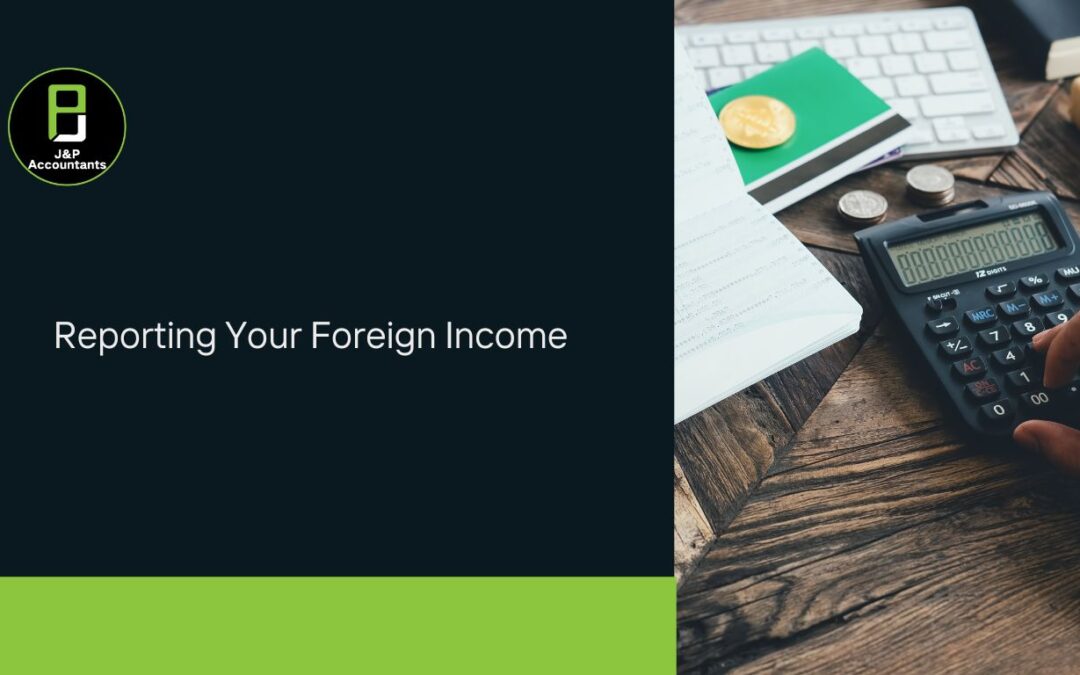Self-assessment tax return deadline is approaching. Have you considered declaring the often-overlooked income?
If you reside in the UK but have income from abroad, you must pay UK income tax on it.
How do you determine residency and which foreign income needs declaring?
Our professional accounting team will clarify in this article.
Which foreign income requires UK income tax?
Firstly, foreign income refers to earnings outside the UK (England, Scotland, Wales, and Northern Ireland).
The Channel Islands and Isle of Man, being overseas territories, also require taxation on their income.
The following income sources need to be taxed:
- Foreign salaries
- Income from foreign investments (dividends and savings interest)
- Rental income from foreign properties
- Overseas pension income
Do you need to pay tax on foreign income?
The obligation to pay tax depends on your classification as a ‘UK tax resident.’
Only UK residents are required to pay income tax on overseas earnings.
Typically, you are automatically classified as a UK resident if you spend over 183 days in the UK during the tax year, work full-time for a year, or stay over 91 days in your sole residence.
If you meet these conditions, you need to pay income tax on your foreign income.
Reporting your overseas income
If you have to declare your foreign income, you need to fill out a self-assessment tax return.
Submit it by the deadline to avoid unnecessary fines, unless:
- Your only income is dividends, and the total dividends are less than £2,000
- You have no other income to report besides dividends
Given the complexity of foreign income, consider consulting our accounting team for assistance.




